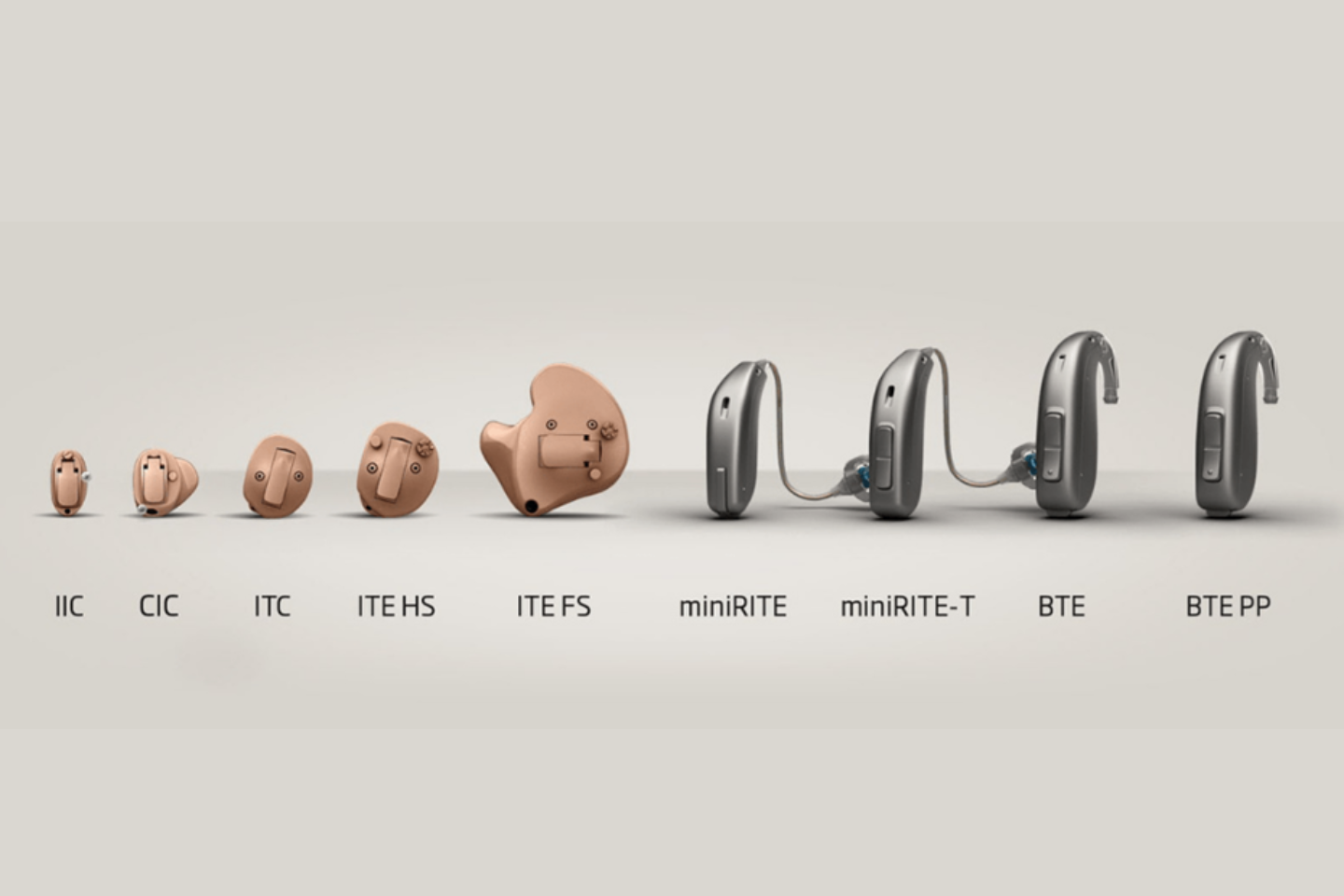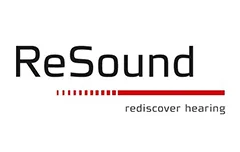Hearing Solutions & Aid Fitting
Hearing loss can be a challenging experience, affecting your ability to communicate, stay connected, and enjoy life to the fullest. Fortunately, modern hearing solutions and professional hearing aid fitting services offer effective ways to restore your hearing and improve your quality of life. Whether you’re experiencing mild hearing loss or more severe auditory challenges, there’s a solution tailored to your needs.




Types of Hearing Solutions
Hearing aids are the most common solution for hearing loss. They amplify sounds, making it easier to hear speech and environmental noises. Modern hearing aids come in various styles and technologies, including:
Behind-the-Ear (BTE): Suitable for all levels of hearing loss.
In-the-Ear (ITE): Custom-molded to fit inside the ear.
Receiver-in-Canal (RIC): Combines comfort with high performance.
Completely in the canal hearing aid (CIC)
Invisible-in-Canal (IIC): Nearly invisible and ideal for mild to moderate hearing loss.
For individuals with severe or profound hearing loss, cochlear implants bypass damaged parts of the ear and directly stimulate the auditory nerve.
These devices are designed for people with conductive hearing loss or single-sided deafness. They transmit sound through bone conduction.
ALDs, such as amplified phones and TV listeners, complement hearing aids by improving sound quality in specific situations.
The Importance of Professional Hearing Aid Fitting
A hearing aid fitting is a critical step in ensuring your hearing aids work effectively and comfortably. Here’s why it’s essential:
1. Personalized Settings
Your audiologist will program your hearing aids based on your unique hearing profile, ensuring optimal sound quality.
2. Comfort and Fit
A proper fitting ensures your hearing aids are comfortable to wear and don’t cause irritation.
3. Maximized Performance
Professional fitting ensures your hearing aids are calibrated to address your specific hearing challenges, such as difficulty hearing high-frequency sounds or understanding speech in noisy environments.
4. Ongoing Support
Your audiologist will provide guidance on using and maintaining your hearing aids, as well as adjustments as needed.
Brands we work with









Fitting the Hearing Aids
Physical Fitting
The audiologist places the hearing aids in the ears and adjusts ear molds or tips for comfort
Initial Programming
The audiologist programs the hearing aids using specialized software to match the hearing test results.
Verification
Real-ear measurements may be performed to ensure correct amplification levels
Adjustment and Fine-Tuning
We precisely calibrate your hearing aids to match your unique hearing profile, ensuring optimal clarity and comfort. Regular fine-tuning sessions help maintain peak performance as your hearing needs evolve.
Sound Quality Tuning
The audiologist adjusts the settings based on the wearer’s feedback, optimizing amplification, noise reduction, and settings for different environments.
What to Expect During the Hearing Aid Fitting Process
-
Hearing Assessment
Your audiologist will conduct a comprehensive hearing test to determine the type and degree of your hearing loss.
Step 1
-
Selecting the Right Hearing Aid
Based on your hearing test results, lifestyle, and preferences, your audiologist will recommend the most suitable hearing aid for you.
Step 2
-
Customization and Programming
Your hearing aids will be programmed to match your hearing needs. This includes adjusting volume, frequency response, and noise reduction settings.
Step 3
-
Fitting and Adjustment
Your audiologist will ensure the hearing aids fit comfortably and make any necessary adjustments.
Step 4
-
Trial Period and Follow-Up
The patient wears the hearing aids in different environments to assess comfort and sound quality. Adjustments are made based on feedback. A follow-up appointment fine-tunes settings and addresses any issues, ensuring client satisfaction and optimal hearing aid performance
Step 5



Benefits of Modern Hearing Aids
Advanced Technology
Modern hearing aids feature Bluetooth connectivity, rechargeable batteries, and AI-driven noise reduction.
Discreet Design
Many hearing aids are small, sleek, and nearly invisible, making them easy to wear in social and professional settings.
Improved Speech Understanding
Directional microphones and speech enhancement technologies make it easier to hear conversations, even in noisy environments.
Enhanced Quality of Life
Hearing aids can improve your relationships, mental health, and overall well-being by restoring your ability to communicate effectively.
Frequently Asked Questions
Hearing loss doesn’t have to limit your life. With modern hearing solutions and professional hearing aid fitting, you can regain your hearing confidence and enjoy the sounds of life once again.
With proper care, hearing aids typically last 4-6 years.
Many insurance plans cover part or all of the cost of hearing aids. Check with your provider for details.
Yes, at Revive Hearing, your audiologist can offer an in-clinic demo where you can try hearing aids during your appointment to get an initial feel for the sound quality and comfort.
Clean your hearing aids daily, store them in a dry place, and replace batteries or charge them as needed.

Ready to take the first step toward better hearing?
Contact us today to schedule a consultation and discover the perfect hearing solution for you.
